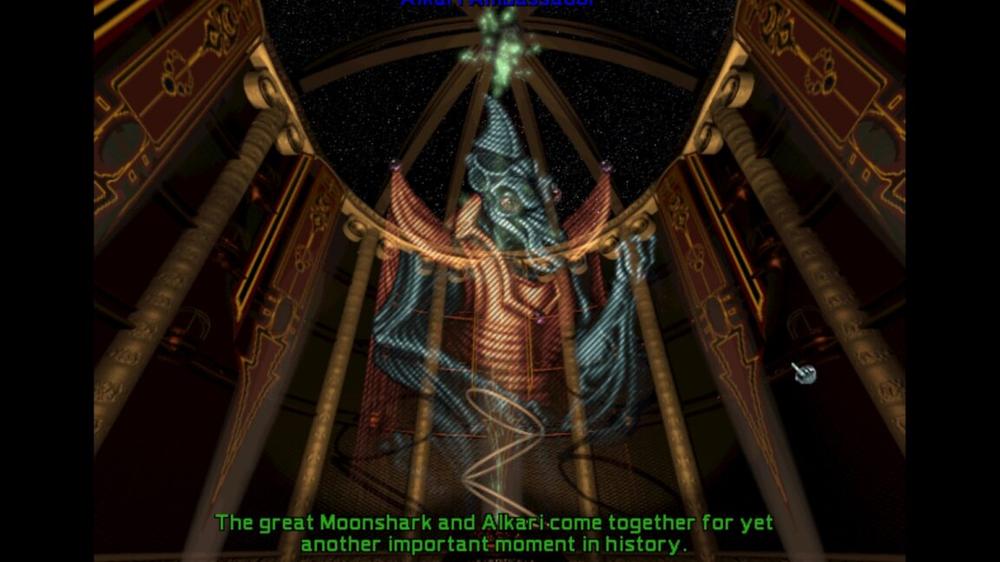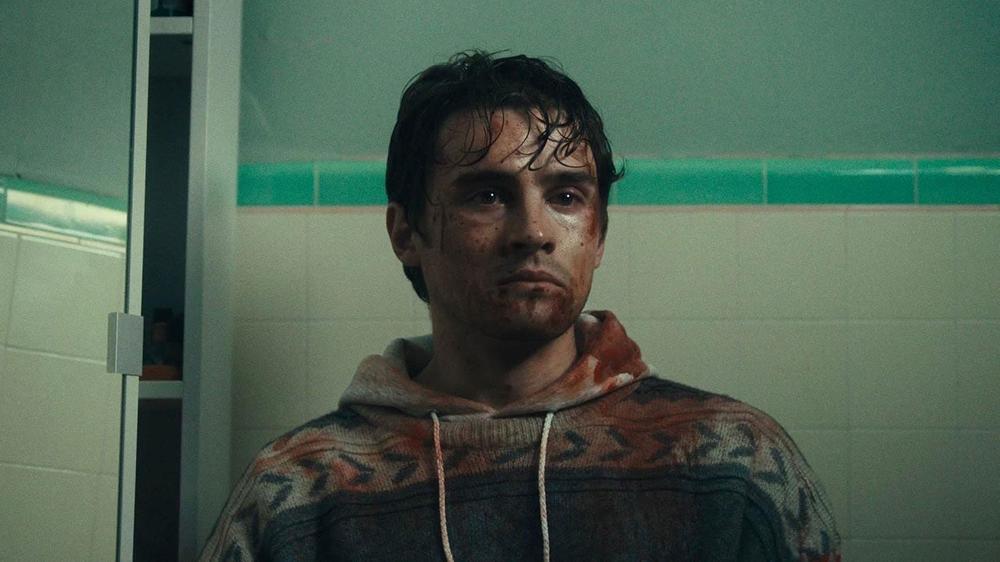I love 4X games. I've tried other strategy game genres, but frankly, they don't stick if they're not first and foremost 4X games—at the heart of it, it must be about exploring, expanding, exploiting, and yes, exterminating.
I suspect that the first 4X game most people played was some entry in the Civilization franchise—though certainly, a select few played precursors dating back to text-based games in the 1970s.
But for me, the title that kicked off my obsession was Master of Orion II (MOO2)—a game that has you develop and build up planets across a simple galaxy map, researching speculative future technologies, and ultimately wiping out your opponents and claiming dominion over the known universe. (There are other victory conditions too, but that one is the most fun.)
There is something satisfying about making a couple thousand small choices that all add up to that galaxy map gradually changing color in your favor until the final cut scene plays, declaring you the true Master of Orion.
The games I love the most are the ones where you make decisions that compound over many, many hours to a long-term payoff. I'll take that over games with bite-sized, contained challenges and short play times any day. The deeper and longer the experience, the better the payoff can be. To me, that's ultimately what makes 4X games great. MOO2 is no exception.
Nostalgic but flawed
That said, it's not a perfect game. It benefited from the lessons it could learn from more than a decade of 4X games before it, and its designers were clearly thinking about how to make it balanced and fun.
They just missed the mark sometimes. For example, a big part of the game is choosing perks that customize your empire from before the first turn. One of those perks is called "Creative," which allows you to learn multiple technologies at once rather than one at a time. It's pretty hard to imagine anyone consciously declining to choose that perk unless they're looking to make things a lot harder for themselves.
That's fine in single-player, as it basically makes perks like this just gameplay variants or mutators to make replaying and seeking new challenges fun. But in multiplayer, well... I'm not involved in the competitive MOO2 scene, so I suppose I could be wrong, but I'm pretty sure you're going to spend those six points on Creative, and that's that.
Master of Orion II also arrived at a time when the complexity in the genre had reached deeper levels than ever before—but it also came out before some pretty important innovations in battling the busywork that comes from maintaining that level of complexity well into a late game when you have several dozen colonies. That awkward position means that it's way too easy to get bogged down in too many details in the late game.
Still, I was surprised how well this game held up after 30 years. Sometimes—like in the case of The Elder Scrolls II: Daggerfall, the previous game I wrote about in this C:\ArsGames series—I visit a game from that era and go, "Yeah, I can definitely see that most modern players wouldn't dig this." Aside from that busywork criticism, I feel like there would be very little to stop someone who's never played MOO2 or its contemporaries before from enjoying it if they tried it now.
Its design largely holds up, it has great music and atmosphere, and I feel that despite its many, many spiritual successors over the years, none have really managed to capture the purity of this "total interstellar dominance" fantasy quite as well as MOO2 did.
Guilt-free conquest
In the last entry in this series, my esteemed colleague Kyle Orland wrote that SimCity 2000 hits differently for him now because he cares a little bit too much about the consequences for his fictional citizens—his moral compass kicks in to a degree it didn't used to.
I respect that. But...
I will confess that when I returned to MOO2 this week, I had no such compunction. Frankly, I could hardly contain my glee as my Stellar Converter (basically a legally distinct Death Star) shattered entire planets, wiping out populations in the billions. That's one of the things I remember most about MOO2 from back in the day, and for me, it's one of the things that holds up the best!
You can skip the brief CGI cinematic showing the planet breaking apart before your immense technological power, but why would you? My playthrough ended—as MOO2 games so often do—with my fleet of Stellar Converters obliterating about 20-some planets owned by an opposing faction. I watched the entire animation every single time—after all, that's the aforementioned payoff I was building toward.
I think that, fundamentally, the fantasy of ruthless dominance is the main appeal of the game. It's probably not a game for you if that doesn't resonate with some part of your brain. That's not what resonates with me in real life, but this is a video game, in this video game, I call the planet-destroying shots, and I like it.
Playing MOO2 in 2025
Unlike some other 90s classics like Daggerfall or Descent, there hasn't been a big community effort to effectively remaster MOO2 for modern systems. I think that's fine in this case—it runs well in DOSBox on any machine, and the stylistic choices its original developers made mean it has aged well.
There have been some patches over the years (both official and unofficial), and they're included in the GOG release. As with other beloved classics, you should be able to find people to play multiplayer with on Reddit or Discord.
You could argue that there's no point in revisiting MOO2 when something much more sprawling and interesting like Stellaris exists today, but like I said, the execution on that galactic domination fantasy has a particularly pure expression here. It's worth it if that's your jam.

 Million-year-old skull discovery prompts new human evolution theories
Million-year-old skull discovery prompts new human evolution theories